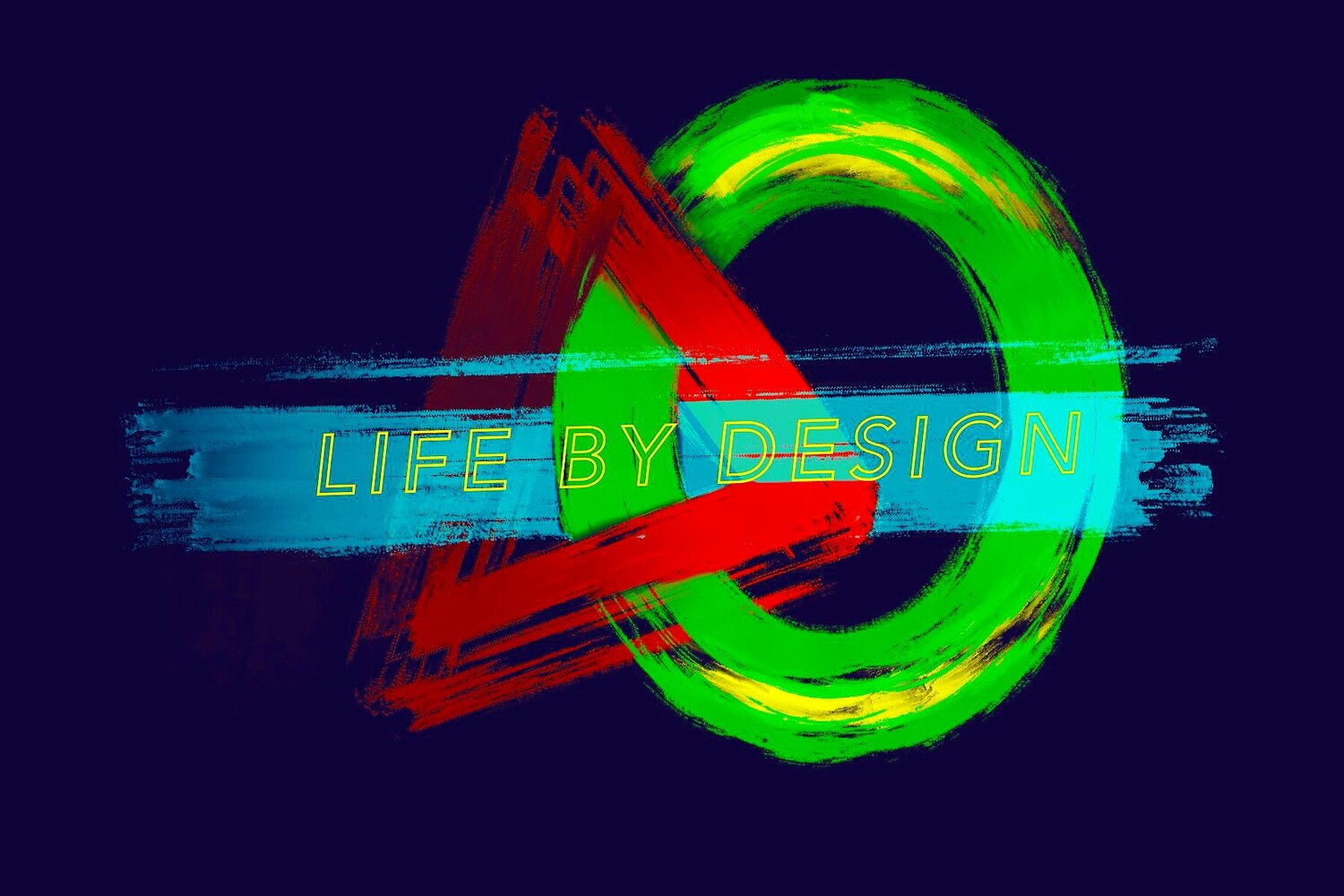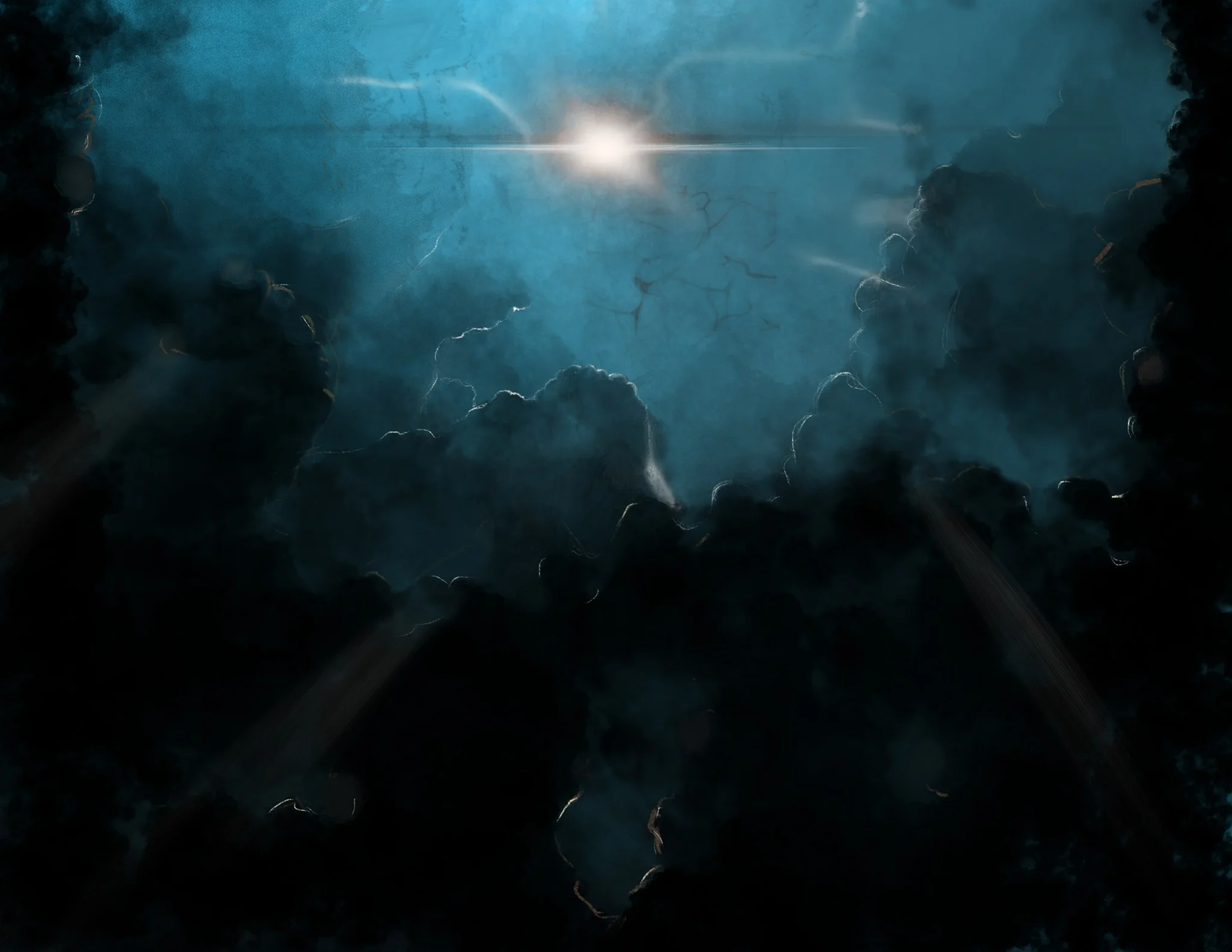As our neural networks expanded so did the community of humanity. The evolution of neural networks corresponds with the expansion of human networks. This key is a key factor in the development of human species with huge implications for spirituality and religion.
We travelled, developed technologies such as irrigation, crop storage and stronger shelters; we evolved socially and cognitively simultaneously each nurturing and further the other. This expansion of self through experience elevated our thinking towards expanded capacity for abstraction. All of this brought more complexity to our lives which we could not understand fully but needed to explain. Our thinking capacity grew in abstraction abilities because concrete thinking was no longer satisfying nor sufficient as a corollary to our new capacity for perception.
There is a new area of neurology called neurotheology which attempts to isolate the bio-physiological activation in the brain as it relates to religious beliefs. Originally the findings from Yale University was that there was a center in the brain which activated with the concept of God. Later research from University of Missouri found that indeed religious experience present a far more complex brain processing and networking than “one” center. I tend to agree with the latter because conceptualizing God, spirituality and eternal life takes all kinds of brain activity and functions to imagine. For instance, how do we visualize God? We always visualize concepts to understand them. For anything to exist it has to be tangible and visually accessible, so how does a God get visualized. Our history is replete with examples of how we “see” God. So, our visual system gets involve. What does God sound like? After all, if IT is communicating with us IT has to have a voice of some sort. Our auditory system gets involved. In order for concepts, any concept, to congeal in our minds it has to draw from our sensory systems and memories. So, essentially, the more complex a phenomenon, the more brain real estate we have to dedicate to conceptualizing it.
To deal with these complexities of both life demands as well as social networks and human relationships, we invented more complex belief systems. We abandoned the multi-god system for the single god. This singular God was reassuringly everywhere to accommodated our increasingly mobile life and geographical expansion.
Please comment below if you’d like and share with friends who may like the content.
Next blog: The Power of Beliefs.

